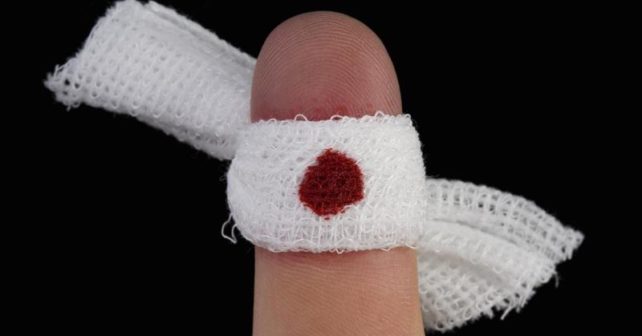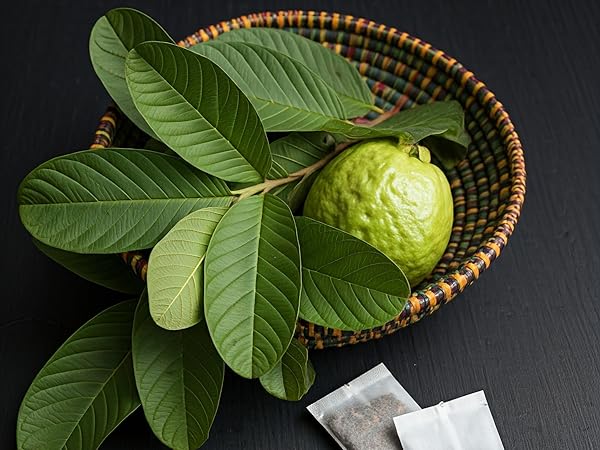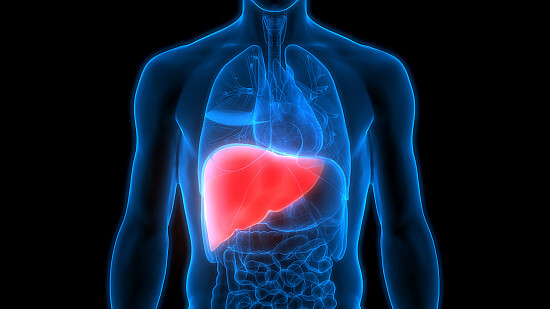Bengaluru Lab's New Product to Stop Bleeding in 90 Secs
Thu 30 Mar 2017, 19:03:44

A two-member research team from Bengaluru has applied for a patent for a product aimed at soldiers, which can stop bleeding in 90 seconds.
The duo from the Centre for Incubation, Innovation, Research and Consultancy (CIIRC) at Jyothi Institute of Technology in south Bengaluru, has received Rs 30 crore from Srinegri mutt.
MS Santosh, who developed the product along with Divakara MB said,
On a battleground, let's say a medic locates a wounded soldier soaked in blood. This hypothetical situation is exactly what we sought to deal with and provide a solution for.
The product which is a carboxyl-linked graphene sponge (DAPGS), is similar to Axiostat, a sponge patented by Bengaluru-based Leo Sebastian Mavley. Since the last 3 years , his products are being supplied to the Indian Army and other armed forces.
Axiostat was first reported about in October 2016, as a product which could stop bleeding in 3-4 minutes.
I know of Axiostat, it uses chitosan, a naturally-occurring polymer (found in shellfish) which stops profuse bleeding in a few minutes. What we use is graphene, which has medicinal amino acid
and a biocompatible protein that has been extracted from a tree
and a biocompatible protein that has been extracted from a tree
.
Santosh, claiming the amino acid used in the product, says it's the first time that it's being used in a product. He said it's a protein extracted from Bongamia tree, which helps prevent infection and it's something which other products don't have.
Commercial Viability
DAPGS's unique feature, as Santosh elaborated, not only inherits the remarkable liquid absorption from cross-linked graphene sponge, but it enhances the interfacial stimulating ability to blood cells.
Ours is a haemostasis material that cannot only absorb plasma rapidly but also stimulate erythrocytes and platelets to change their regular form and structure at the interface, which largely affects the bio-functioning of the cell, thus promoting blood coagulation.
Low-cost materials like graphene and amino-acids are easy to synthesise, making the product commercially viable.
There's a lot more work happening in the lab, and we are expecting more funding from the mutt, which wants this centre to be at par with global research labs.
No Comments For This Post, Be first to write a Comment.
Most viewed from Health
AIMIM News
Latest Urdu News
Most Viewed
May 26, 2020
Do you think Canada-India relations will improve under New PM Mark Carney?
Latest Videos View All
Like Us
Home
About Us
Advertise With Us
All Polls
Epaper Archives
Privacy Policy
Contact Us
Download Etemaad App
© 2025 Etemaad Daily News, All Rights Reserved.






























